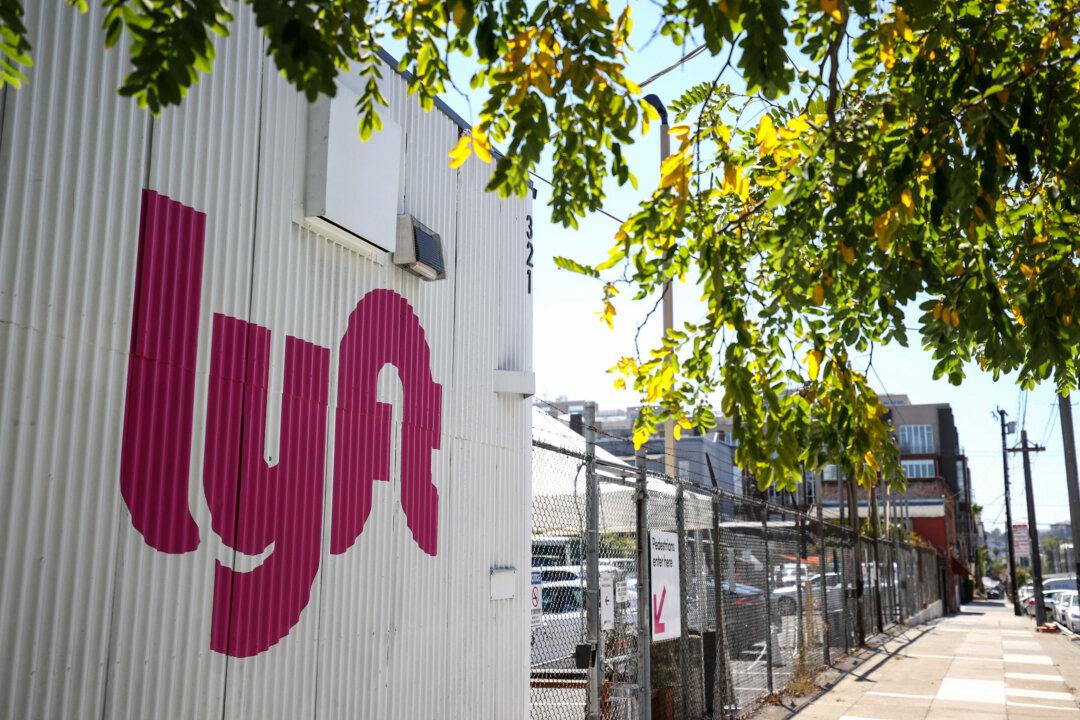Ride-sharing company Lyft entered into a proposed settlement with the Federal Trade Commission (FTC), which included a payment of $2.1 million in penalties, after allegedly making deceptive claims to drivers about how much they could potentially earn.
The FTC’s complaint alleged that “as demand for ride-share services increased in 2021 and 2022, Lyft made numerous false and misleading claims in its advertising and marketing about how much money consumers could make if they chose to drive for Lyft,” according to an Oct. 25 statement from the agency.





